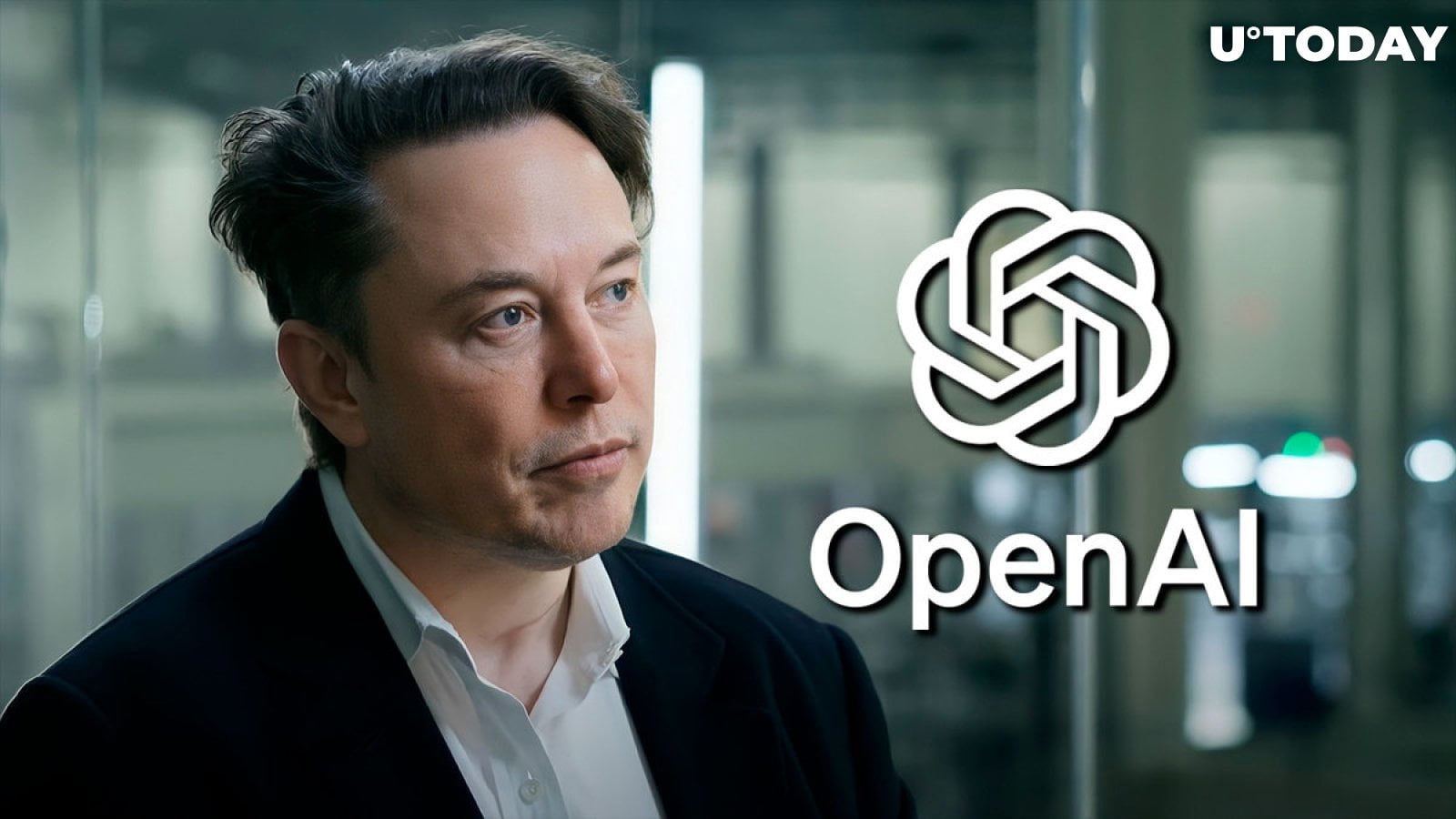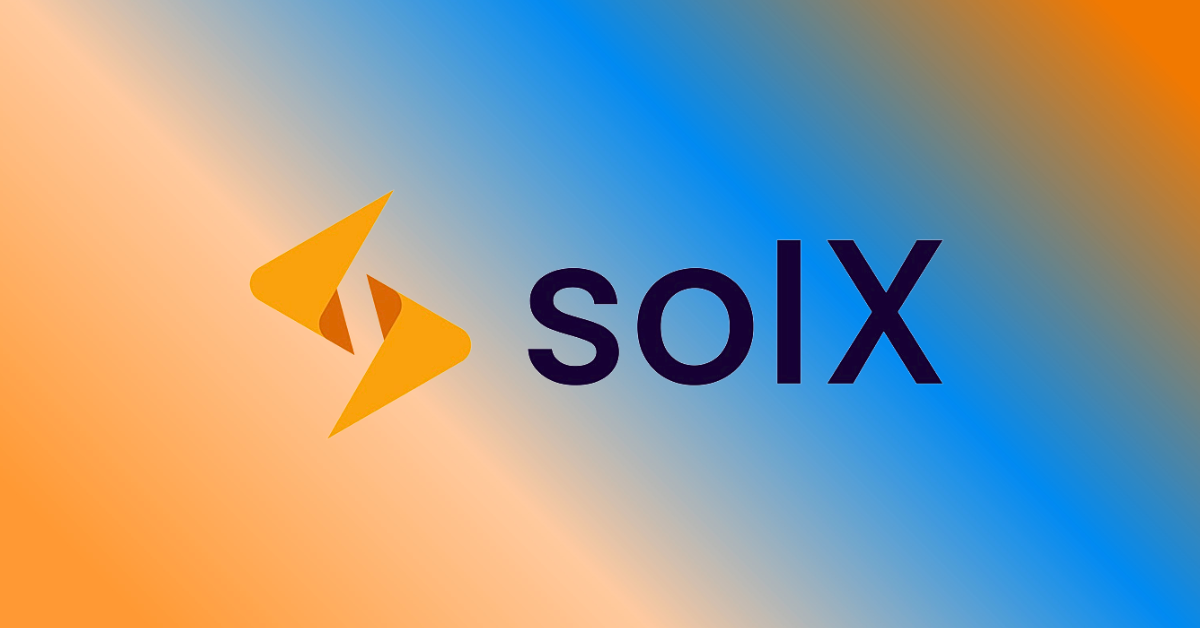The highly anticipated jury trial involving Musk and OpenAI is set to commence in Spring 2026. This legal battle has emerged from the ongoing tensions between the tech mogul Elon Musk and the artificial intelligence research organization he co-founded. The trial is expected to delve deeply into various aspects of AI ethics, funding disputes, and the responsibilities of AI creators, sparking intense public interest and debate.
Many are curious about what specifically sparked the legal conflict. Rumors suggest that Musk’s concerns about the safety and ethical implications of AI technologies have played a significant role in the escalation of tensions between himself and OpenAI. Musk has been outspoken about the potential dangers of unregulated AI development, which has led him to sever ties with the organization in recent years. The upcoming trial will likely address these disagreements and the various legal arguments presented by both sides.
As the trial date approaches, analysts are evaluating the potential implications of the trial outcome on the future of AI development. Given Musk’s pivotal role in the tech industry and his strong opinions on AI governance, the case could set important precedents for how AI organizations operate in the future. Will the court’s ruling favor stricter regulations on AI development, or will it affirm the current trajectory that OpenAI is pursuing?
This trial not only signifies a critical moment for Musk and OpenAI but also poses broader questions about the governance of AI technologies moving forward. The outcome may dictate how organizations develop, implement, and regulate AI systems worldwide, affecting countless innovations in fields such as healthcare, finance, and beyond.
As we await Spring 2026, stakeholders across various sectors are eager to see what key takeaways will emerge from the Musk vs. OpenAI saga. With the rapid evolution of AI technologies and their implications on society, this trial could potentially shape the future landscape of artificial intelligence.
What Sparked The Legal Battle Between OpenAI, Musk?
The legal battle between Musk and OpenAI can be traced back to a series of disagreements regarding the direction and governance of AI technology. As one of the co-founders of OpenAI, Musk played a crucial role in its establishment, emphasizing the importance of ensuring that artificial intelligence developed responsibly and ethically. However, tensions began to rise when Musk expressed concerns over the organization’s trajectory and its commitment to safety protocols.
In 2023, Musk publicly aired his criticisms of OpenAI, stating that it was straying from its original mission of promoting beneficial AI. This led to a significant rift between him and the organization’s leadership, resulting in legal implications that neither party could have anticipated. As OpenAI continued to advance its models and secure partnerships, Musk raised ethical questions about the technology’s potential risks, igniting a debate that would eventually land them in court.
The implications of this legal conflict extend beyond just their personal differences; they entail the broader concerns over AI governance and the ethical ramifications of deploying powerful technologies without adequate oversight. As we approach the upcoming jury trial scheduled for Spring 2026, many are left wondering how this conflict originated and what the future holds for both Musk and OpenAI. The struggles of these influential figures in the technology sector highlight the ongoing debates surrounding the responsibilities of AI and those who create it.
Analyzing The Key Legal Arguments In The Upcoming Trial
The upcoming jury trial between Musk and OpenAI, set to begin in Spring 2026, is poised to be a landmark event in the world of artificial intelligence. The legal battle stems from a series of conflicts regarding the ethical implications and governance of AI technologies. At the heart of the matter are several key legal arguments that will shape not only the outcome of the trial but also how AI frameworks are perceived and regulated moving forward.
One of the primary legal disputes revolves around the use of intellectual property. Musk, as a co-founder of OpenAI, has raised concerns regarding the potential misappropriation of proprietary algorithms and technologies developed during his tenure at the organization. The argument here hinges on whether the materials developed under Musk’s influence are being used in violation of implicit agreements or ethical standards.
Another significant aspect of the trial will focus on frameworks governing AI development and public safety. OpenAI defends its practices by asserting that their research is compliant with existing ethical guidelines, whereas Musk argues that the rapid advancement of AI technology creates unforeseen risks to society. This contention could lead to a broader dialogue regarding the responsibilities of AI developers and the need for stringent regulations.
Additionally, the trial will likely touch upon issues of accountability and transparency in AI processes. Musk emphasizes that a lack of oversight in AI systems can lead to unintended consequences, pushing for a legal framework that ensures accountability. In contrast, OpenAI maintains that they are already implementing rigorous review processes to ensure their technologies are developed responsibly.
As these legal arguments unfold, the trial could reshape the future landscape of AI governance, influencing how innovations are regulated and developed for societal benefit. Both stakeholders know that their positions could have lasting implications not only for their respective organizations but also for the entire tech ecosystem.
Implications Of The Trial Outcome On AI Development
The upcoming jury trial between Musk and OpenAI is poised to have significant implications for the future of AI development. As one of the founders of OpenAI, Musk has been vocal about his concerns regarding the ethical implications of AI. This trial may set a precedent that could influence regulations and governance in the AI sector. The arguments presented in court will likely address the balance between innovation and safety, shaping how both Musk and other tech leaders approach AI.
Furthermore, the outcome of this trial could determine funding and support for AI research initiatives. If the court rules in favor of Musk, there may be a shift in how companies allocate resources toward developing safer AI technologies. Conversely, if OpenAI emerges victorious, it could embolden tech firms to pursue more aggressive strategies in AI development without fearing legal repercussions. The implications on public trust and collaboration in AI projects will also be significant, influencing how stakeholders perceive the responsibility of companies like Musk’s ventures.
As stakeholders in the AI field watch closely, the trial’s verdict may lead to vital changes in ethical standards, regulatory frameworks, and the broader landscape of AI governance moving forward. The outcome could influence not just Musk and OpenAI but also how future advancements in artificial intelligence are approached worldwide.
OpenAI, Musk, And The Future Of AI Governance
The landscape of artificial intelligence (AI) governance is rapidly evolving, especially in the context of OpenAI and Musk’s legal saga. As the trial approaches, there are growing concerns over the ethical implications of AI development and the need for regulatory frameworks. Musk, a prominent advocate for AI safety, has often highlighted the potential dangers of unchecked AI evolution. With OpenAI at the forefront of AI technology, their collaboration and conflict with Musk will significantly impact future governance structures.
At the heart of the discussion is the OpenAI mission, which aims to ensure that AGI (Artificial General Intelligence) benefits all of humanity. Musk, while a co-founder, has expressed concerns about the direction of the company. The conflicting visions for AI’s future could lead to pivotal changes in governance strategies and regulatory compliance mechanisms. As both parties prepare for the upcoming trial, the outcome could reshape how AI technologies are developed and monitored. İnfluencing policies around accountability, transparency, and ethical standards in AI systems.
The upcoming jury trial serves not only as a litigation event but also as a critical reflection point for the future of AI governance. How both OpenAI and Musk navigate this legal battle may set precedents that define the roles and responsibilities of AI entities moving forward. The implications of this trial extend far beyond the courtroom, as stakeholders from various sectors will closely watch how these dynamics unfold and what they could mean for the broader field of artificial intelligence.




